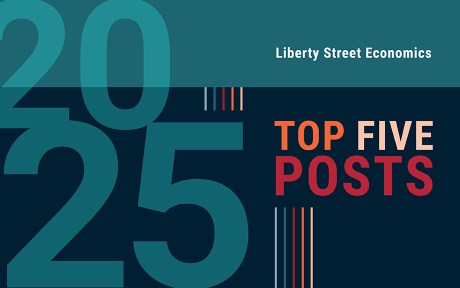This interview is also available on podcast platforms and Rumble.
The military-industrial-complex (MIC) is unique in its ability to pull untold flows of tax revenue into “defensive” infrastructure that benefits no one other than the private sector manufacturing and investing in it. The machine, which perpetuates itself through an incestuous milieu that lobbies for war and defense spending, wages psychological warfare on citizens and engages in corrupt backroom deals, has risen to once unthinkable heights of influence and power since Dwight D. Eisenhower first warned Americans of its growing presence in 1961.



